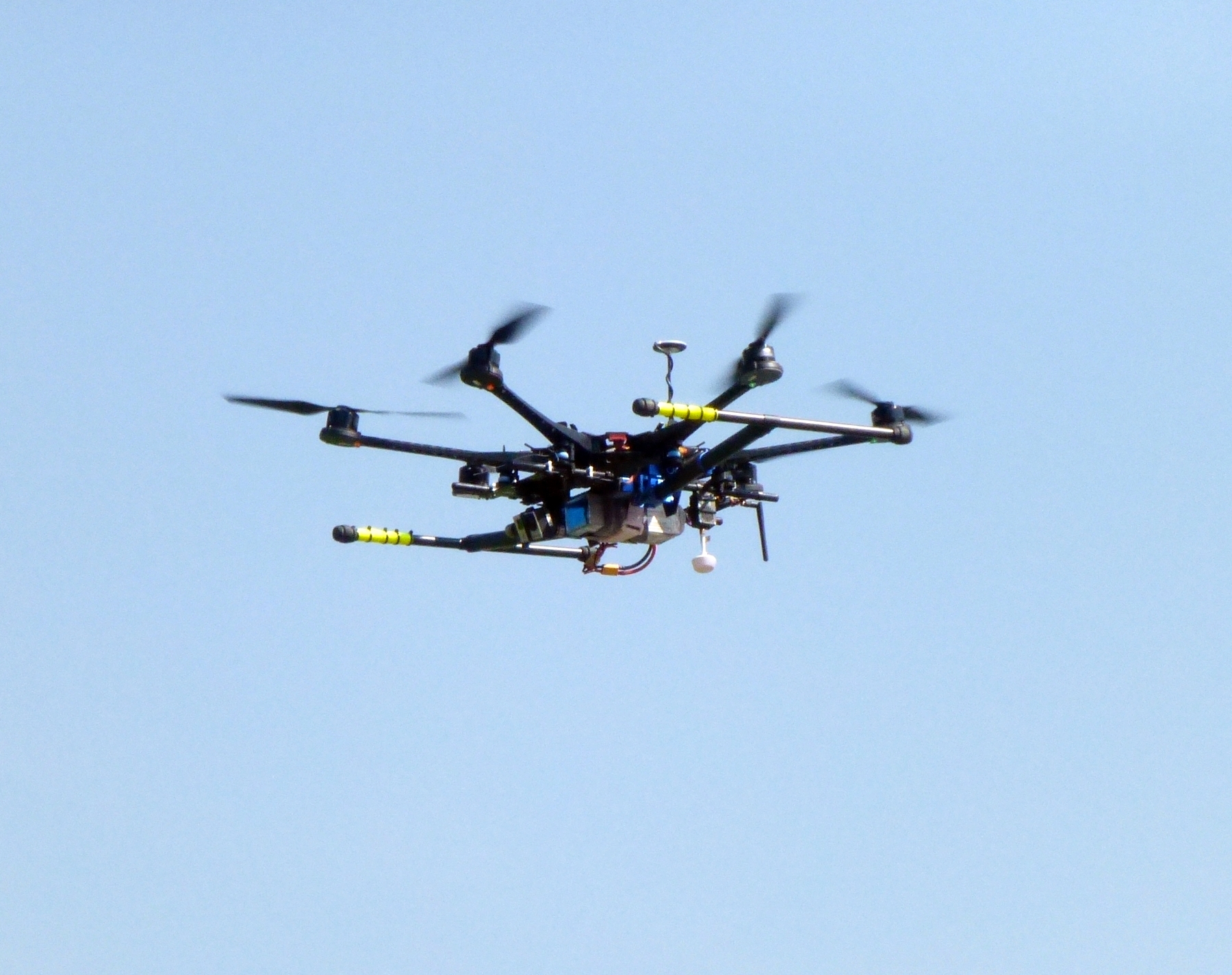Xcel becomes first US operator to be granted BVLOS exemption

One of the most-pernickety regulations hampering the commercial drone market from taking off right now are the beyond visual line-of-sight regulations, or BVLOS for short.
Companies such as Amazon have been promising a future where all packages will be delivered by drones across the United States, but the Federal Aviation Administration (FAA) bars drones flying on commercial operations outside of the pilot’s line of sight.
These restrictions require commercial drone operators to operate drones only on missions where the drone is within the pilot’s line-of-sight at all times, meaning surveillance, delivery and maintenance projects where the aircraft needs to fly long distances have not been possible in the US.
As the small utility and delivery markets are the ones with the greatest potential for mass drone adoption, BVLOS regulations has hampered the growth, with many utility operators calling for this regulation to be removed.
This week marks the first time the FAA has granted exemption of the regulations to a utility operator, giving the go-ahead for Minneapolis energy provider Xcel Energy to fly unmanned aircraft out of the operator’s line-of-sight to conduct surveillance missions on power transmission lines.
This will allow for routine powerline inspections to be conducted without the use of helicopters, trucks or other utility vehicles.
Xcel’s drone operations will start this summer, operating on surveillance missions approximately 20 miles north of Denver International Airport. Licensed drone pilots will operate the unmanned helicopter drone.
Xcel will be working with technology and defence contractor Harris Corporation, drone charter operator Phoenix Air UNMANNED and safety and risk-management firm Atlus Intelligence to conduct these operations.
Ben Fowke, chairman, president, and CEO, Xcel Energy said: “Xcel Energy is honoured to be the first utility to conduct flights that will enhance grid reliability and safety for our employees and the public. With this ground-breaking decision, we are advancing the use of technology that improves our efficiency and provides cost savings for our customers.”
This comes at a time where more and more operators are considering bringing drones into their fleets to conduct these smaller utility missions. At Heli Expo in March, in the pre-show finance discussion session, a high number of the operators said that they are considering incorporating drones into their fleets.
Drone companies have been asking for exemption from the BVLOS rule. Most notably the US drone data company PrecisionHawk submitting a waiver request to fly commercial operations beyond the visual line of sight in 2016, and the FAA waived these regulations. But, until now, this waiver has not been extended to utility companies.






